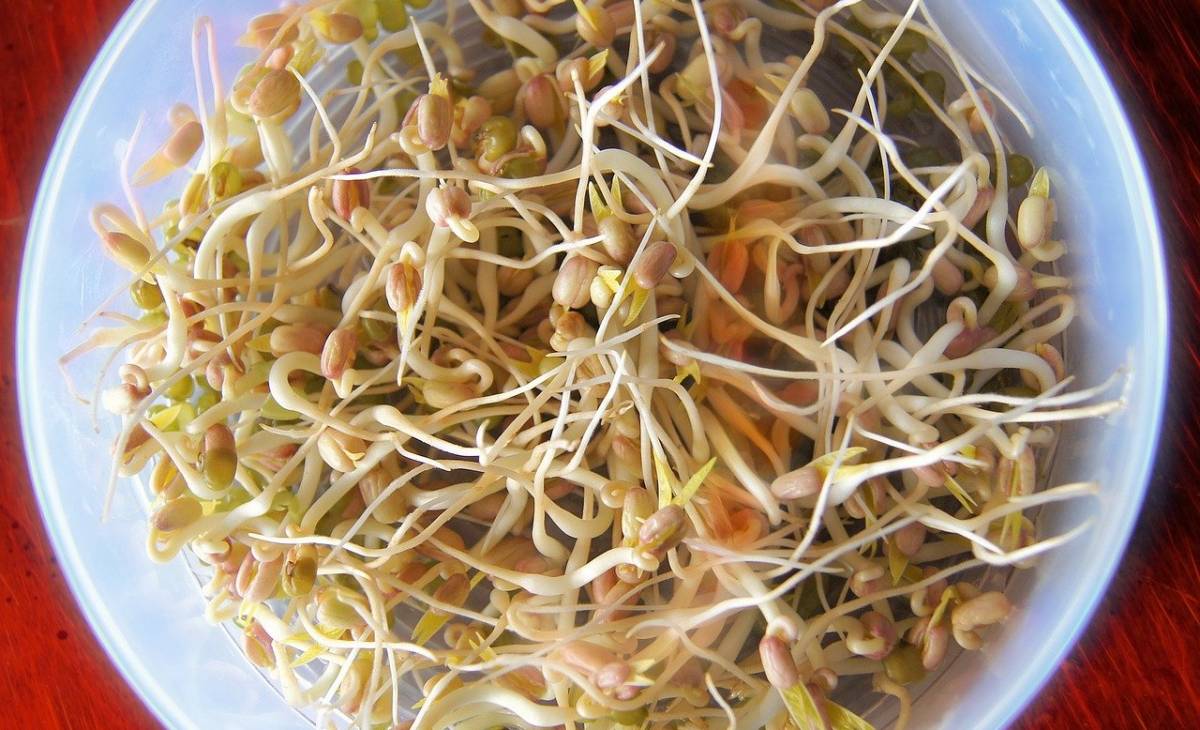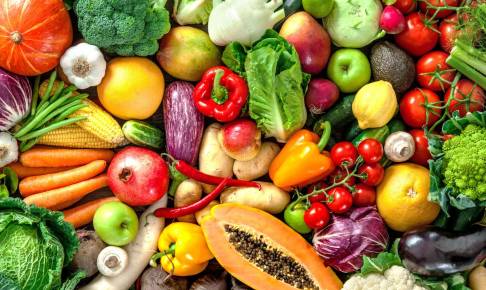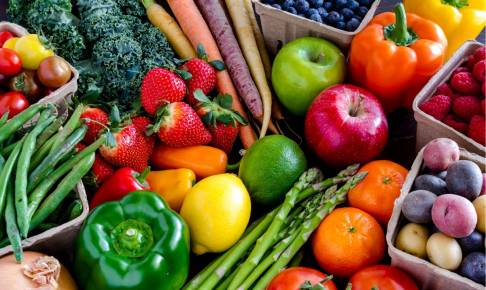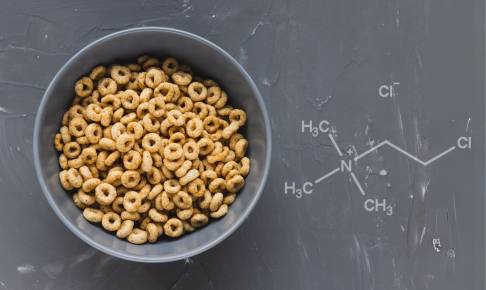Bacteriological safety of sprouts: an evaluation
The bacteriological safety of sprouts is investigated in a review paper published in the International Journal of Food Microbiology.
Since 1988, sprout eating has been linked to more than 60 outbreaks of foodborne disease throughout the world. Salmonella and pathogenic Escherichia coli were the most frequent pathogens discovered. The germination process causes changes in the chemical composition of seeds that improves the nutritional value of sprouts, while decreasing their microbiological safety, since the germination conditions are ideal for bacterial growth as well. For the production of high-quality seeds, proper agricultural practices must be implemented. Implementing appropriate agricultural techniques during the pre-harvest stage is a key strategy for generating high-quality seeds. Several techniques of seed disinfection are utilized commercially or have been explored by researchers in the post-harvest stage. Seedlings should be kept refrigerated after germination and, if feasible, boiled before eating. Finally, microbiological analysis should be done at all stages of the sprout manufacturing process to ensure that the hygiene of the process is maintained.
Source:
https://www.sciencedirect.com/science/article/abs/pii/S0168160521002257






















